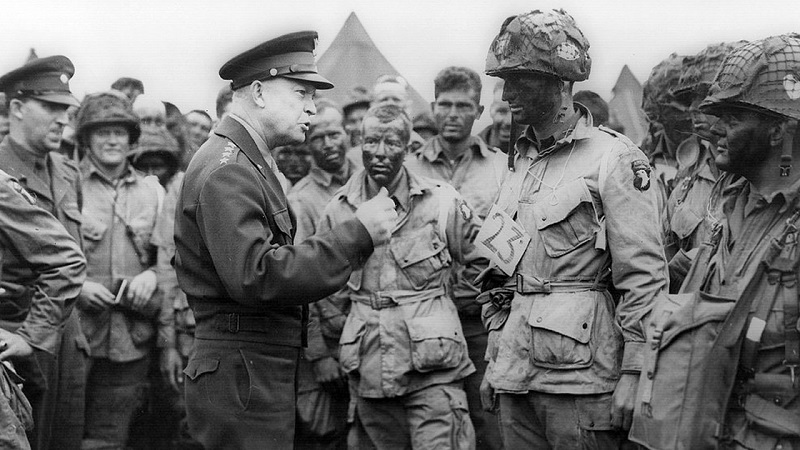According to the Cambridge Dictionary a leader is:
‘A person who manages or controls other people, esp. because of his or her ability or position’
However, this definition has a few interesting points. Firstly, ‘Manages or controls’ implies that the only way to lead somebody or some people is through control or compliance. A manager has a position of authority and people will follow their orders because they are told to. They may not agree with the order, but they will comply.
Which leads onto the next part of the definition: ‘because of his or her ability or position’. This infers that people are led by those that control only because of their ability to do a certain job, or their position within a company. Many people will rise up through the ranks to become a manager. Often because they may have built up technical skills, or reached certain goals and targets. They are promoted as a way of rewarding these behaviours, or their ability to do a certain job rather than their ability to lead people.
And here is where the nuance comes into being. Are you a manager or leader? Do you control people into following your orders as a form of compliance or do you lead by example? Are people inspired by you? Do your people follow you because that’s what they’re told to do, or do they follow your lead because they want to?
As the 34th US president, Dwight Eisenhower famously quoted in 1954:
“Leadership is the art of getting someone else to do something you want done because they want to do it.”




